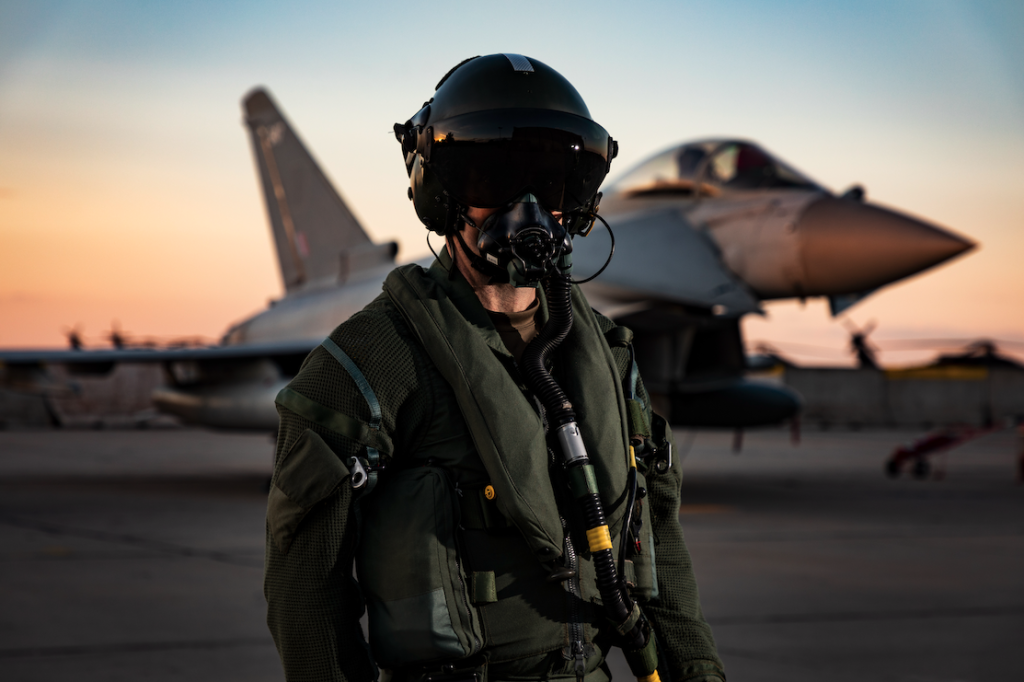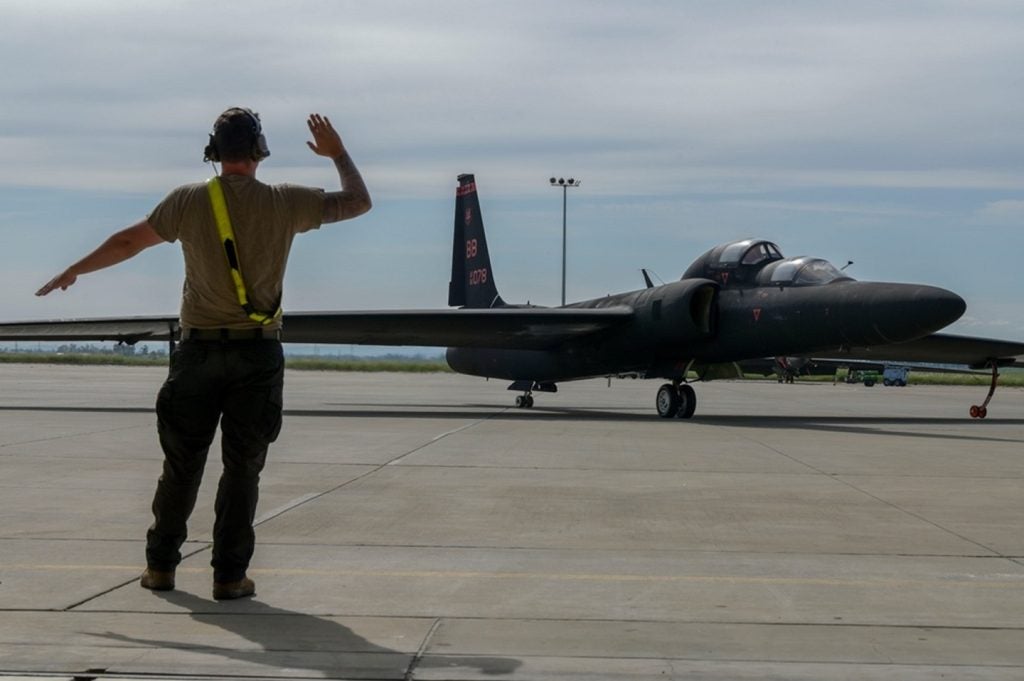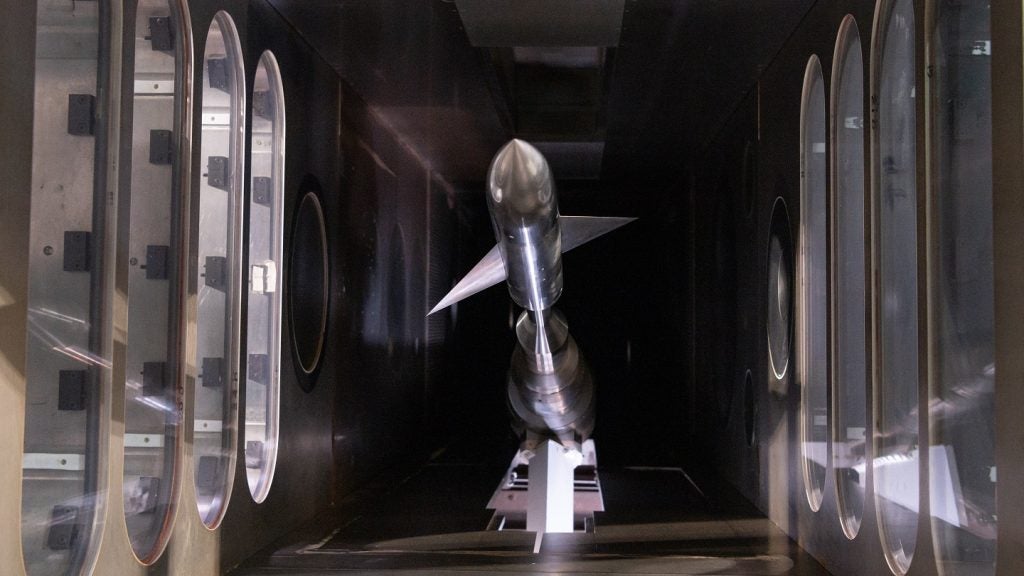
It might appear a surprising statement but the US military, and in particular the US Air Force (USAF), after years of emitting large amounts of greenhouse gas, is now doing more to save the planet than most other organisations. Against the likes of Greenpeace and Friends of the Earth, the US Defense Department is investing huge sums in the search to develop renewable sources of energy as well as improving energy efficiency.
The reasons behind making such investments, however, are quite different. Key drivers behind this trend include: national security – the US does not want to be dependent upon energy imported from politically unstable regions; cost – even a 5% cut in the fuel bill would save the Department of Defense $635m (based on the 2007 figure); and finally because it makes sound military sense – many lives are lost transporting fuel to the frontline in vulnerable convoys.
The USAF accounts for about 70% of the US military's fuel consumption – and the military is known to be one of the biggest emitters of carbon dioxide in the world. The USAF burned 3.2 billion gallons of aviation fuel in fiscal 2005, or 52.5% of all fossil fuel used by the government, federal statistics show.
While the air force, has already made great advances in terms of fuel efficiency and developing alternative fuels, the recession and the global financial crisis is likely to spur even more rapid progress in this area and provide a welcome bonanza for many companies struggling in the downturn.
President Obama's huge $787bn stimulus package includes $4.5bn to be used on greening the Federal Government, including the Department of Defense – and the USAF will get a significant portion of this.
See Also:
Change of plans
How well do you really know your competitors?
Access the most comprehensive Company Profiles on the market, powered by GlobalData. Save hours of research. Gain competitive edge.

Thank you!
Your download email will arrive shortly
Not ready to buy yet? Download a free sample
We are confident about the unique quality of our Company Profiles. However, we want you to make the most beneficial decision for your business, so we offer a free sample that you can download by submitting the below form
By GlobalDataTake the collapse in the price of oil (after reaching almost $150 a barrel in July 2008, it now sells for less than $40) as an example. This has not changed the USAF plans to fly its jets on fuel made from coal, natural gas, and even animal fat. This is mainly because military planners believe the fall in the price of oil is likely to prove temporary.
The service still plans to complete certification of all aircraft to fly on synthetic fuels by 2011. That will create huge demand for synthetic fuels that could provide the basis for the development of a synthetic oil industry in the US, with other countries likely following suit. The demand for fuel efficiency is also having an impact on the design of aircraft, which need to be lighter and less thirsty. Advances in the design of military aircraft are bound to have spin-offs in the civil aviation sector.
Researchers from the University of Dayton and Wright-Patterson Air Force Base have, for example, discovered a new class of electrodes that can be used in fuel cells. It could provide an economical alternative to the costly precious-metal catalysts now used in fuel cells.
Future technologies
Certainly the drive for fuel efficiency by the USAF has already had a dramatic impact on the aeroengine sector. The air force is sponsoring the ADVENT (adaptive versatile engine technology) programme, which involves step-changing technologies that will have a huge impact on future military and commercial engines. The five-year programme focuses on variable-cycle technologies to enable pilots to switch from combat manoeuvres to long-range flight and accommodate lower fuel requirements of long-range missions and high performance during supersonic missions.
The American military is not alone in attempting to improve fuel efficiency and adopt alternative fuels. Air forces around the world are following suit for sound strategic and economic reasons. Thus while green issues may take a back seat in many areas during the recession, as consumers and business alike simply concentrate on value and survival, this won't be the case in the military arena.







